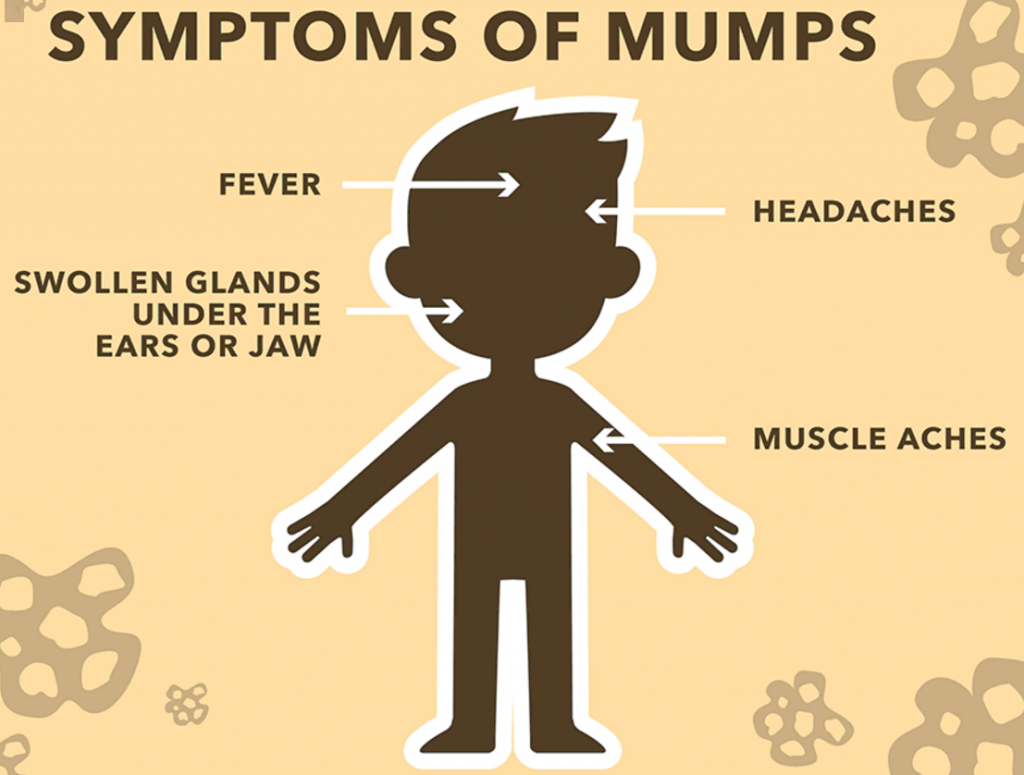The George Washington University Colonial Health Center has confirmed that two resident students on the university’s Foggy Bottom campus have contracted the mumps. The cases were reported to the D.C. Department of Health. Following their guidelines, we are informing the community of this public health issue.

The students have been isolated in accordance with Centers for Disease Control (CDC) and Prevention and D.C. Department of Health guidelines. The Colonial Health Center has provided information to individuals who may have come in contact with the student.
Mumps is a contagious viral disease. The virus can be spread to others by direct contact with infected respiratory secretions such as saliva or discharge from the nose or throat of the infected individual. The virus can also spread when the infected person coughs or sneezes.
According to the CDC mumps is no longer very common in the United States, but outbreaks continue to occur. Last year, there were approximately 5,000 cases reported in the United States.
Most individuals are protected against mumps through the two-dose measles-mumps-rubella (MMR) vaccine. Students under the age of 26 are required by D.C. law to provide proof of certain immunizations, including the two-dose MMR vaccination, before enrolling in classes. However, infrequently a previously vaccinated individual can develop symptoms. The student who contracted mumps was up to date on their vaccinations.
The most common symptoms of the mumps include: fever, headache, muscle aches, tiredness, loss of appetite, and swollen and tender salivary glands under one or both ears.
Students who think they may have symptoms are encouraged to call Colonial Health Center at 202-994-5300 (24/7) and ask to speak to a clinician for a phone assessment before visiting the center in person. Employees, please contact your healthcare provider if you think you have symptoms or to confirm that you are up to date on your vaccinations.
As a reminder for your general health, avoid sharing food and drinks. In addition, frequent hand washing is helpful in preventing the spread of this and many other diseases.
Related:
- Chagas study: Confirms it is a major public health challenge for the US
- Japan reports 1st ‘parrot fever’ cases
- Los Angeles reports dozens of confirmed and suspected canine influenza, or dog flu cases
- New method could deliver DNA-based vaccines in pill form
- Measles confirmed in Calgary, Alert issued
- Three University of Wisconsin La Crosse students confirmed with mumps

